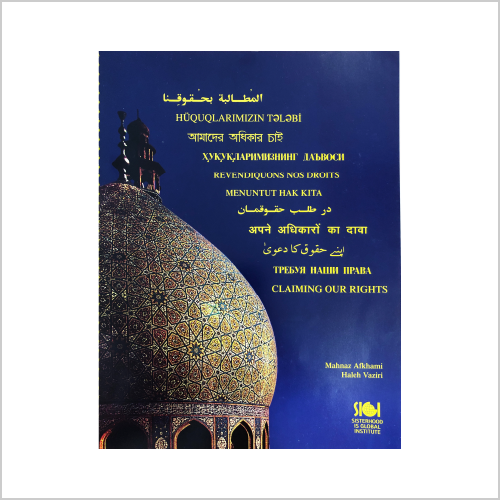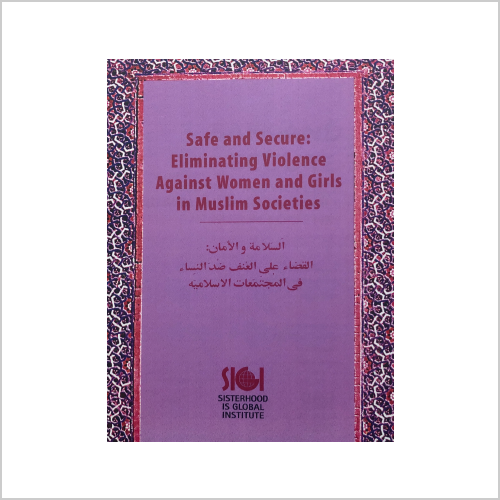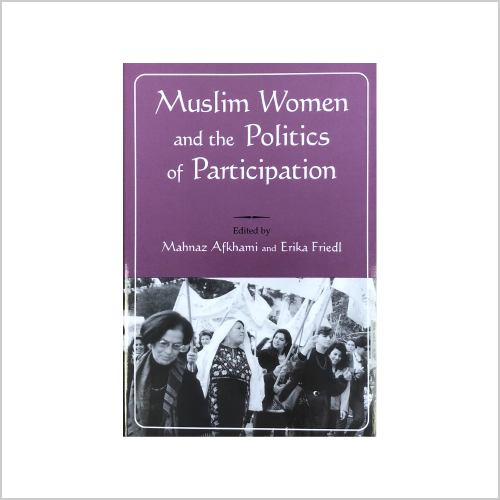Following a violent crackdown of women’s peaceful protests in Tehran, VOA Persian aired a program on discriminatory laws against women under the Islamic Republic regime, including a Q and A with callers from all over the world with Mahnaz Afkhami as its guest. Afkhami pointed out that Iranian women had never faced such violence or…
Tag: Islam
The Women’s Organization of Iran: Evolutionary Politics and Revolutionary Change
This article is an account of the women’s movement in pre-revolutionary Iran. The focus is on the activities of the Women’s Organization of Iran (WOI) and its interactions with the government, the court, the clergy, and other conservative forces during the two decades preceding the Islamic revolution. Much of the article, particularly where the story…
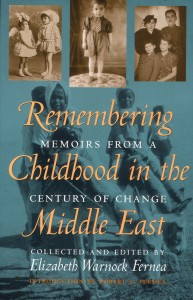
Death of the Patriarch
I was born in Kerman, a sleepy desert city in the south of Iran known for its carpets and pistachios. In those days, these native commodities also determined the position and attitude of those whose lives depended on the production and marketing of each. My nanny Fatima, who instilled in me my first notions of…
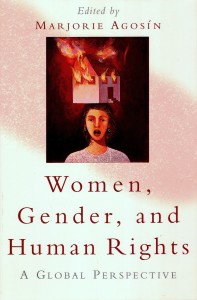
Gender Apartheid, Cultural Relativism, and Women’s Human Rights in Muslim Societies
(An earlier version of this article, titled “Gender Apartheid and the Discourse of Relativity of Rights in Muslim Societies” appeared in Courtney W. Howland, ed., Religious Fundamentalisms and the Human Rights of Women (New York: St. Martin’s Press, 1999)). I. Introduction In modern times, women have moved from the margins to the center of history…
A Vision of Gender in Culture
My task is to talk about a vision of gender in culture to an assembly that wishes to integrate culture in its policies to achieve sustainable development. The reason why the World Bank is interested in this proposition, I assume, is two-pronged: On one hand, you cannot have long-term sustainable development if half the population…

